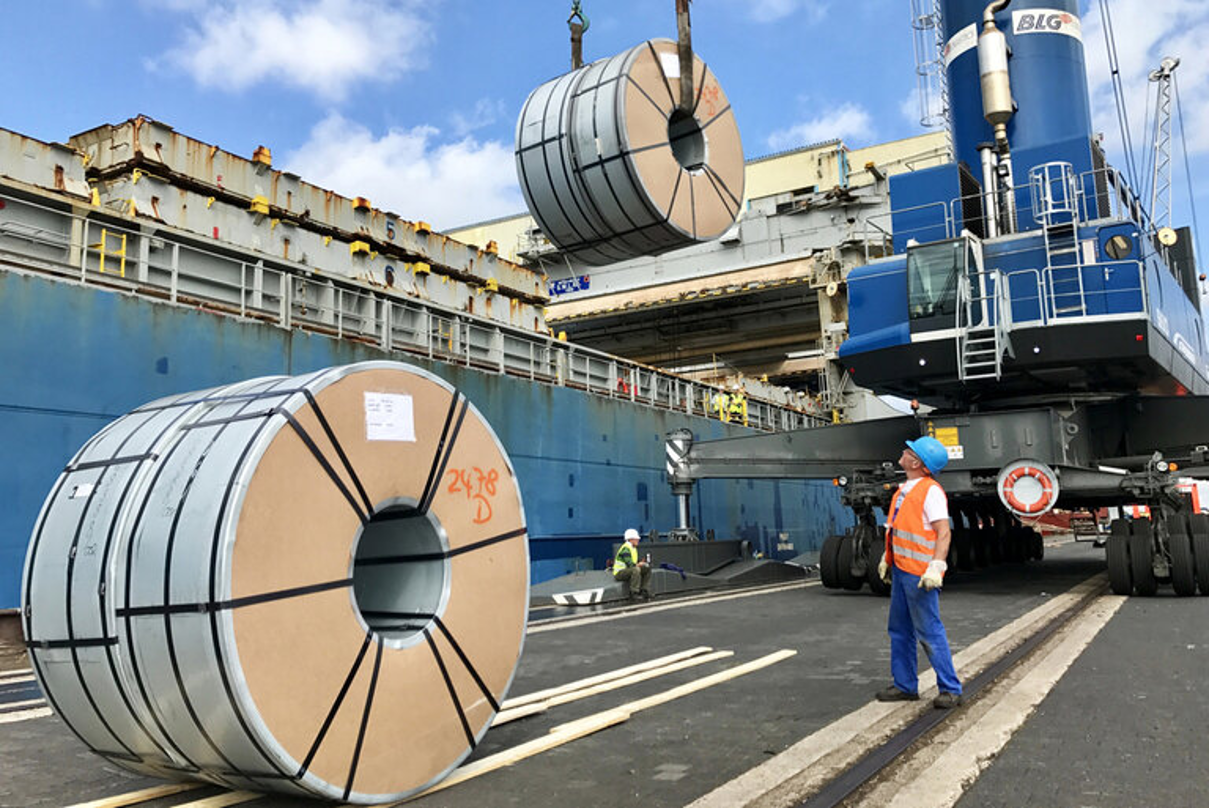Canada

March 16, 2020
Canada Passes USMCA; Trump Pushes for June 1 Implementation
Written by Sandy Williams
Canada voted to approve the U.S.-Mexico-Canada Agreement without amendment on Friday, March 13, but its implementation may be delayed by the coronavirus. Following passage of the agreement, Canada’s parliament was dismissed for three weeks to combat the spread of the virus.The next step for Canada is “royal assent” by the governor general and a final “order-in-council” request to obtain authorization to ratify and implement the agreement.
The Trump administration seeks to have the USMCA enter into force on June 1 even as government attention from the three countries is turned toward the challenges of the COVID-19 response. Implementation of the agreement would be considered a victory for Trump in his re-election campaign.
Before the USMCA can be executed, the North American partners must meet several requirements including a uniform approach to implementing the automotive rules of origin and addressing labor compliance issues.
The timetable has legislators and business groups concerned. Canadian opposition Leader Sen. Don Plett complained that parliament did not have the “necessary time to properly review” the agreement before voting due to acceleration of the approval process as a result of the coronavirus outbreak.
“In my view, we should probably be relieved that we have an agreement, but I am not confident that we achieved the best result that we could have achieved,” said Plett. “It will be parliament’s job to ensure that the government is not only positioning Canada to take full advantage of this agreement, but also to ensure that it is standing up and supporting sectors that will have been made more vulnerable under this agreement.”
U.S. Senate Finance Committee ranking member Ron Wyden (D-OR) said the entry-into-force date should be based on trading partners complying with agreement obligations, “not an arbitrary date determined by political motive.’
“It would be a mistake to enter an agreement into force prematurely because doing so jeopardizes the benefits of the agreement that are hard fought wins intended to benefit American workers, farmers, ranchers and innovators,” Wyden said in a statement to Inside U.S. Trade.
The auto industry also expressed “grave concerns” about moving too quickly toward implementation. Groups representing U.S. and international automakers and the National Automobile Dealers Association issued a joint statement asking the administration to delay entry-into-force until uniform regulations are available and an adequate adjustment period is provided.
“We are in the midst of a global pandemic that is significantly disrupting our supply chains, and the industry is throwing all available resources into managing production through this crisis for our employees and for the broader U.S. economy,” said the group. “Even if it were reasonable to divert our attention to USMCA compliance, the United States, Canada and Mexico have yet to issue, even in draft form, the uniform automotive rules of origin regulations. Without them, many questions remain unanswered regarding how to interpret the new rules.”
U.S. Trade Representative Robert Lighthizer called the approval of the USMCA by Canada “a historic new chapter for North American trade” and on Wednesday submitted to Congress notice of the June 1 entry-into-force date.







